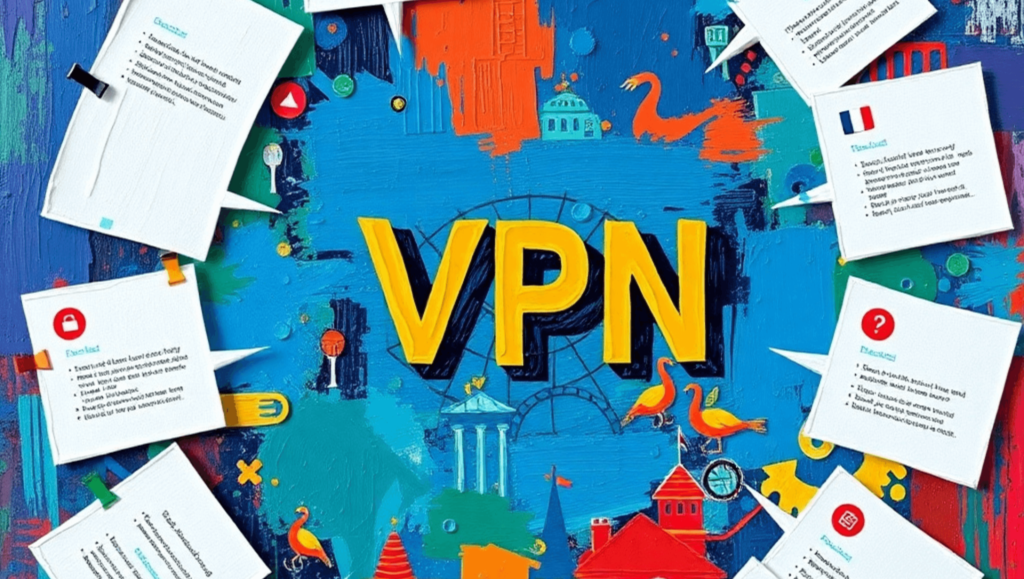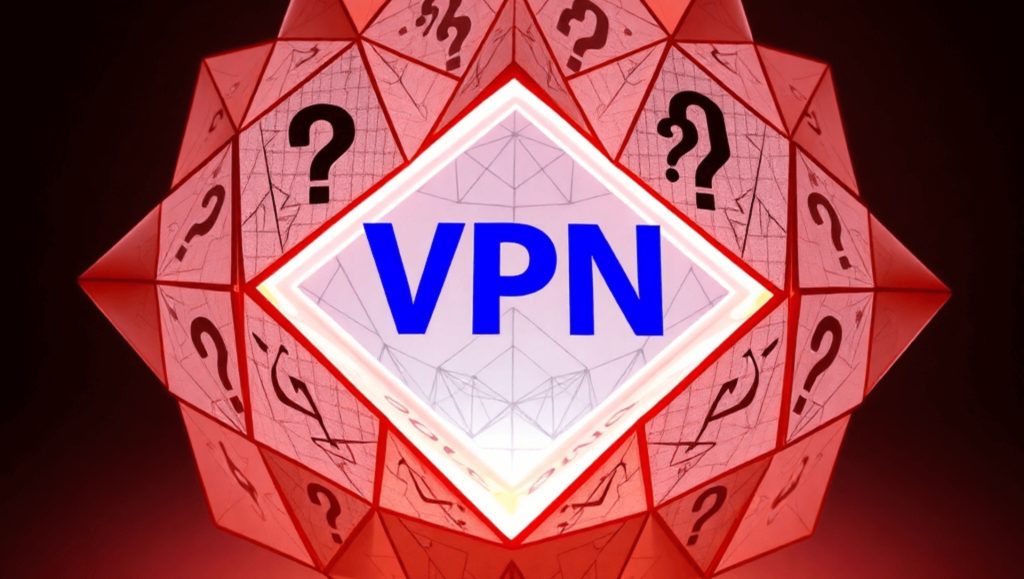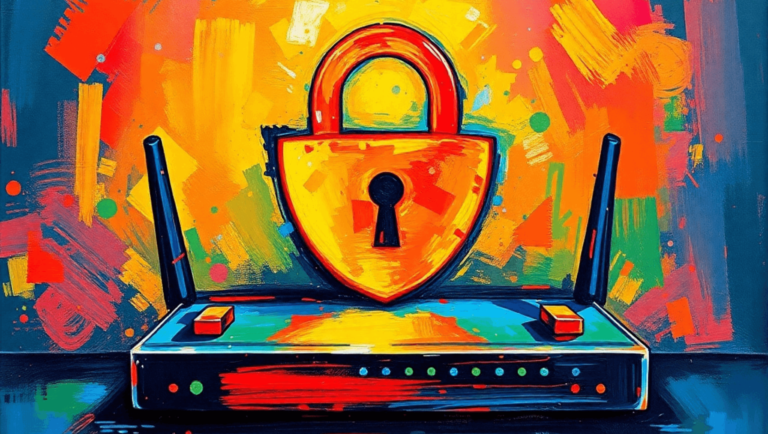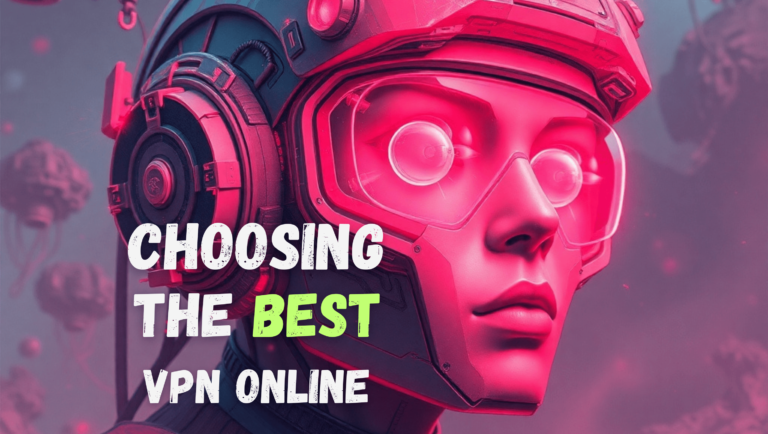As VPNs have gained popularity, potential users frequently observe their benefits. Many turn to VPNs for protection and anonymity as online security concerns rise. This raises common questions such as: “Are VPNs legal?” “What is a VPN, and how does it work?” “Why do I need a VPN?” and “Are free VPNs safe?” This guide addresses these inquiries to help you understand VPNs and make an informed decision.

What is a VPN, and how does it work?
A Virtual Private Network (VPN) is a service that encrypts your internet connection, masks your IP address, and ensures your online activities remain private. It routes your data through secure servers in various locations, creating a private tunnel for your internet traffic. This protects your data from hackers, trackers, and other online threats while allowing you to access geo-restricted content.
Why do I need a VPN?
Using a VPN enhances your online security and privacy. It is beneficial for:
- Securing your data on public Wi-Fi networks
- Accessing geo-restricted content, such as streaming services
- Protecting your online identity and avoiding tracking
- Maintaining anonymity when browsing sensitive topics
Choosing a VPN with robust security ensures you can enjoy these benefits without compromising performance.
Are free VPNs safe to use?
While some free VPNs offer basic functionality, they often have significant limitations, such as slower speeds, data caps, and weaker security protocols. Many free VPNs also collect user data and may sell it to third parties. If privacy and performance are important, opt for a paid VPN with no-log policies and advanced encryption.
Can a VPN improve my streaming experience?
Yes, a VPN can enhance your streaming experience by allowing you to access restricted content in your region. Connecting to servers in different countries can unlock streaming libraries and bypass geo-blocks. Secure VPNs for streaming and gaming also prevent ISP throttling, ensuring smoother playback.
How do I choose the best VPN for my needs?

Selecting the best VPN depends on your requirements.
Consider factors such as:
- Security features like encryption and a no-logs policy
- Speed and performance for streaming and gaming
- Compatibility with your devices
- Server availability in your desired locations: Conducting a thorough VPN comparison can help you identify the service that best meets your needs for online privacy.
Can I use a VPN on multiple devices?
Most VPNs allow simultaneous connections on multiple devices. Look for VPNs for various devices to secure all your gadgets, from smartphones to smart TVs. This is especially useful for families or individuals with several connected devices.
Do VPNs affect internet speed?
While a VPN may slightly reduce your internet speed due to encryption overhead, premium VPNs optimize their servers for minimal impact. The fastest VPNs for online activities use advanced protocols like WireGuard to ensure high-speed connections without compromising security.
Is it legal to use a VPN?
In many places around the world, using a VPN is perfectly legal! However, some areas have strict internet rules where VPN usage might be restricted or prohibited. It’s always a great idea to check the laws in your country before using VPNs.



